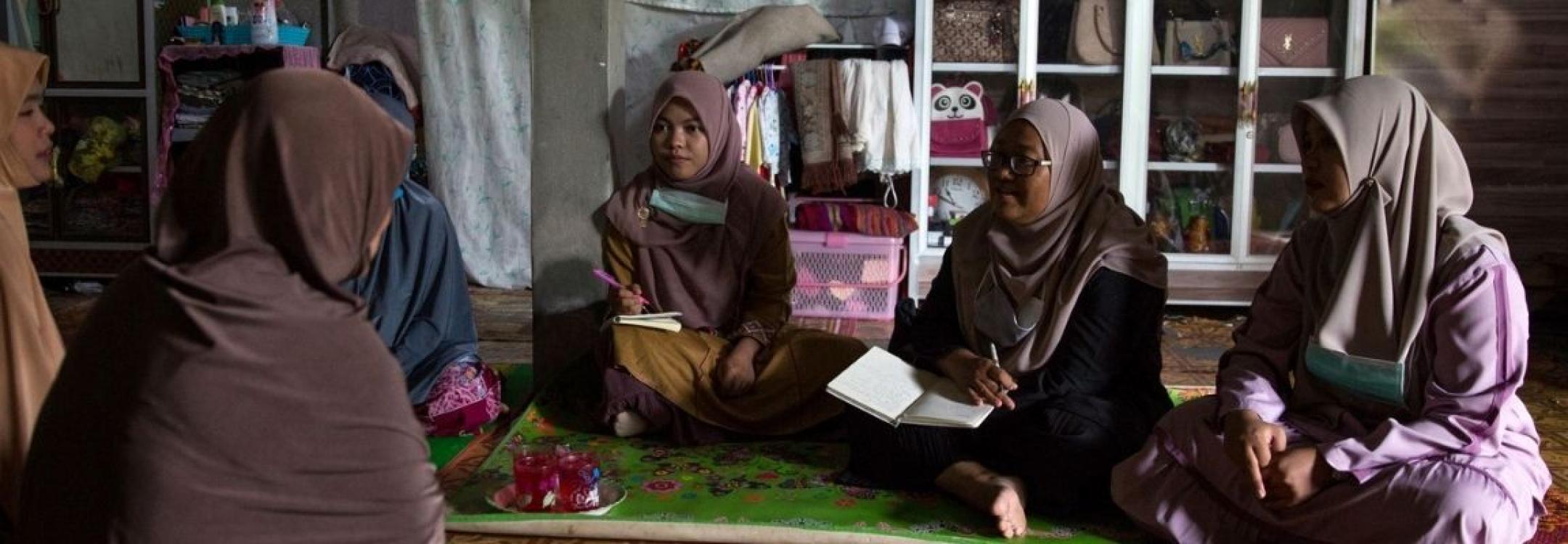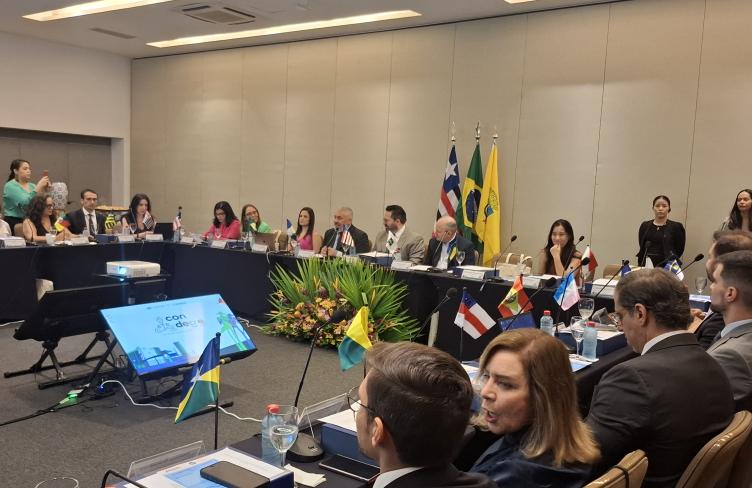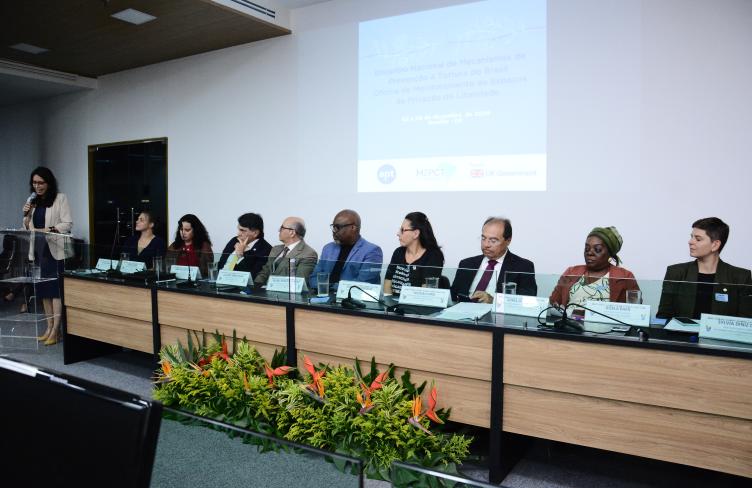
Five months after commencing our #SafeInCustody project, the APT and partner organisations from Malaysia, the Philippines and Thailand met online to share the results of their baseline studies into risky police practices in the three countries.
The project aims to prevent torture and ill-treatment by identifying, implementing and collaborating on practical strategies to address forced confessions and incommunicado detention.
Having completed their baseline studies, our three country project partners – Suara Rakyat Malaysia (SUARAM), Task Force Detainees of the Philippines (TFDP) and the Cross-Cultural Foundation (CrCF), based in Thailand – met for a peer-to-peer review session on 24 November 2021.
Participants were able to ask questions, clarify issues, discuss research methodologies, identify common challenges and provide updates on developments in their respective countries. More broadly, the online meeting was an opportunity for partners to learn from and encourage one other.
SUARAM applauded to CrCF’s findings on its analysis of the project objective related to improving police practices by implementing safeguards and effective interviewing.
“The separation between those arrested under Criminal Procedural Code and special laws are useful for analysis and easier to digest as reader. Detailed explanation of the procedural safeguards – such as information about rights, notification of family or other third parties, and access to a lawyer – is really well done,” SUARAM observed.
Similarly, CrCF was impressed by the detailed desk research conducted by TFDP that “meticulously looked into the legal framework and related authorities’ protocols in dealing with detainees, and [they have] done very well on legal analysis, especially on the impact of registry of detention place”.
TFDP also expressed their interest in learning more about SUARAM’s research regarding the criminal justice system in Malaysia and encouraged SUARAM to expand on how the authorities treat cases of torture involving political detainees and those charged with common crimes.
During the discussion, the APT highlighted the importance of raising new and relevant issues – such as gender disparity in police appointments, as well as the treatment of children, migrants, drug offenders and political detainees – in the baseline studies.
Shazeera Zawawi, APT Senior Advisor on Research and Innovation, also put forward some key questions that need to be addressed in the baseline studies; for example, how “the first hours of custody” starts and ends in three countries; how are “forced confession” and “incommunicado detention” defined in each country context; and how partners understand “synergies” between the authorities, civil society organisations and national human rights institutions in their country context.
The answers to these questions will provide a stepping stone in the implementation of the project over the next three years.
The baseline studies will inform the content and approach of national and regional activities to respond to the challenges and opportunities identified. They will also provide a consistent and reliable benchmark against which we can evaluate the impact of our joint activities.
The #SafeInCustody project is funded by the European Union. This content is the sole responsibility of the APT and does not necessarily reflect the views of the European Union.


